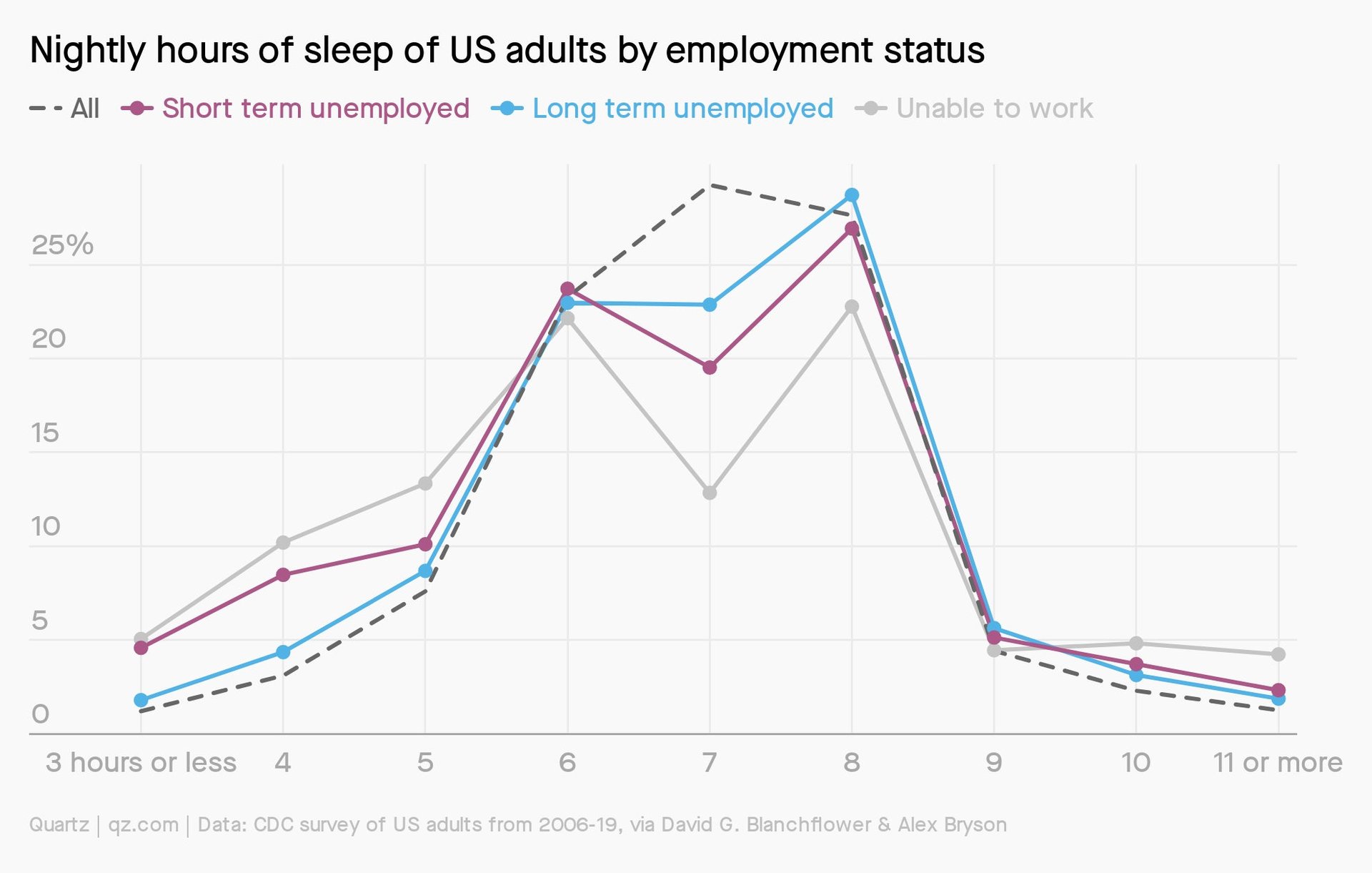RBG’s replacement, fax machines, medieval construction
Good morning, Quartz readers!

Good morning, Quartz readers!
Here’s what you need to know
Donald Trump is set to nominate a woman to the US Supreme Court. Following the death of Ruth Bader Ginsburg, who succumbed to pancreatic cancer at the age of 87 on Friday, the US president aims to secure his third appointment to the increasingly conservative court before the election.
TikTok and WeChat survive in the US. TikTok has done a deal with American firms Oracle and Walmart, with Trump’s blessing, while a judge blocked the WeChat ban on free speech grounds.
Markets reacted badly to the FinCEN files. Shares in HSBC and Standard Chartered fell this morning after leaked documents appeared to show the world’s biggest lenders allegedly helping suspected militants, drug traffickers, and corrupt officials move trillions of dollars.
The UK is planning new laws to protect London’s global standing. With Brexit almost complete, the new system would try to emphasize the City’s international reputation, to compensate for the loss of access to European markets. Meanwhile, the UK faces a second lockdown as coronavirus infections rise again.
Nikola’s founder quit. Trevor Milton has been facing allegations of fraud and deception after a research firm claimed that Nikola’s battery technology, which attracted major investment from GM, doesn’t actually exist. Nikola denied some of the claims.
What to watch for this week
Monday: Results from Italy’s regional elections are expected. The UN marks its 75th anniversary. LVMH and Tiffany are back in court in the US over an acquisition deal.
Tuesday: The important bit of the UN General Assembly begins. Tesla could unveil a new type of battery cell.
Wednesday: Apple’s online store opens in India.
Thursday: EU leaders begin a two-day meeting to discuss relations with Turkey and China.
Friday: Brazilian president Jair Bolsonaro undergoes surgery.
Charting unemployment’s effect on sleep
In a new paper, Danny Blanchflower, a Dartmouth economist, and Alex Bryson, a social scientist at University College London, document the impact of joblessness on sleep. Perhaps predictably, the unemployed sleep less than the overall population, likely a result of anxiety and worry. About 13% of the newly unemployed, for example, report getting four hours of sleep or less a night.

But the study authors discovered the unemployed also sleep more than normal, what social scientists call “long sleep,” which is associated with the use of anti-depressants and anti-anxiety medication, as well as illnesses such as lupus. Among the population unable to work—either because of health, family, or other reasons—9% report sleeping 10 or more hours per night, almost three times the rate of the general population.
Both under- and over-sleeping make it harder to find work, and can lead to a wide range of other health problems.
Read more about how sleep relates to joblessness.
Home offices, by the numbers
29%—Percentage of remote workers in the US who say they struggle with work-life balance
4—Number of extra hours Microsoft employees worked each week during the Covid-19 lockdown
$20.70—Cost of a three-minute call from New York to San Francisco in 1915. Adjusted for inflation, that’s $530 today
$850—Average cost of a fax machine for the home in 1991. That’s $1,600 today
23 hours, 39 minutes—Standing record for world’s longest Zoom meeting
$20,000—Average cost of building a standard 12×12 ft (3.65×3.65 m) home office in the US
85.02 mbps—Average download speed in Taiwan, the country with the fastest internet
3%—Increase in value for a single family home in the US with access to broadband internet prior to the pandemic
100 inches—Or 2.5 m, the diameter of Hugh Hefner’s bed, which doubled as a desk
$24,000—Auction price of an Algeco 1969 pre-fab home office pod
More than ever, it’s become clear that the established templates for office architecture—from open-plan layouts to cubicle farms—need a rethink. Our latest field guide explores how a home office, in essence, offers a testing ground for figuring out how, where, and when we do our best work.
Obsession interlude: Future of work
Automation, remote work, the gig economy, and AI are dramatically changing the nature of work. And as the pandemic forces so much of hiring online, it’s possible to encounter AI at every step of the process, including:
✍️ Writing job descriptions. AI firm Textio claims it can optimize every word of a job posting, using a machine learning model that correlates certain turns of phrase with better hiring outcomes.
🗣️ Herding applicants. There are AI services that automate the task of reaching out to candidates, scheduling interviews, fielding applicants’ questions, and even conducting basic screeners.
✅ Evaluating interviews. Recruiting firm HireVue sells an AI tool that analyzes interviewees’ facial movements, word choice, and speaking voices to assign them an “employability” score. The platform is ubiquitous in industries like finance and hospitality.
Keep tabs on our Future of Work obsession here.
Surprising discoveries
A Turkish artist gave iconic masterpieces furry makeovers. The Starry Night and Mona Lisa are reimagined as hairy abstractions.
London’s iconic Savile Row has its first women-only tailoring house. For more than 200 years, the world’s (mostly male) elite have bought suits there.
Carpenters rebuilding the Notre Dame are using medieval techniques. The methods for shaping and installing massive oak beams were used to build the Paris cathedral 800 years ago.
A surfer’s board floated from Hawaii to the Philippines. It resurfaced near a remote island across the Pacific, two years after the board went missing in a wipeout.
The Emmy Awards featured hazmat tuxedos. Some winners received hand-delivered awards from presenters in protective suits.
Our best wishes for a productive day. Please send any news, comments, a new suit, and a new surfboard to [email protected]. Get the most out of Quartz by downloading our iOS app and becoming a member. Today’s Daily Brief was brought to you by Hasit Shah, Tim McDonnell, and David Yanofsky.